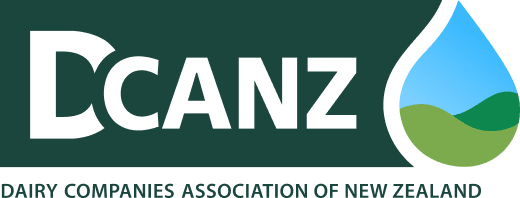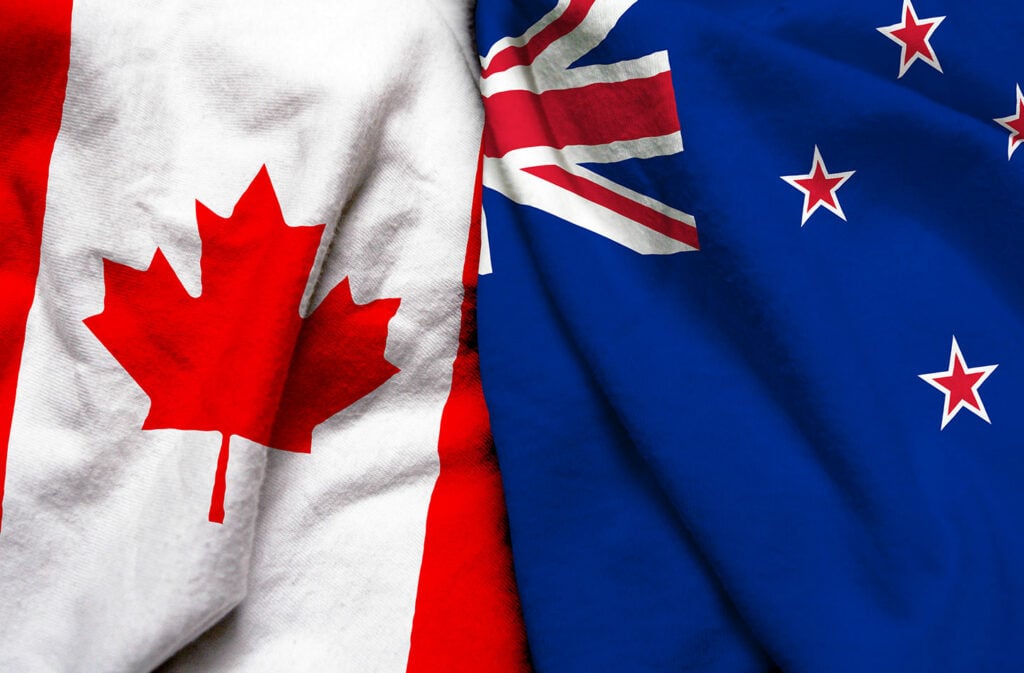The Dairy Companies Association of New Zealand (DCANZ) is welcoming the New Zealand government taking further legal steps to address Canadian dairy import rules that breach the Comprehensive and Progressive Agreement for Trans-Pacific Partnership (CPTPP).
The move follows consultations held earlier in the year, at New Zealand’s request, between the two countries to seek to resolve New Zealand claims that Canada is not implementing its commitments under the agreement.
“We are not surprised that the consultations haven’t resolved our concerns over the conditions for imports under the CPTPP quotas,” says DCANZ Executive Director, Kimberly Crewther.
“Experience has shown that where its dairy import policies are concerned, Canada needs to be compelled to make changes that bring it in line with its international commitments.”
“Taking the case forward to set up a panel to consider New Zealand’s complaint is the appropriate and necessary step to ensure full implementation of the CPTPP rules,” says Crewther.
Recent Canadian import statistics reinforce the importance of the issue for CPTPP exporters, with a quota fill rate (the proportion of actual imports from CPTPP countries compared to the total volume Canada has agreed can enter) of a mere 9% in the latest quota year.
DCANZ argues that such low import rates do not make sense. Canada’s dairy policy framework (supply management) and complex pricing system means Canadian food manufacturers and consumers pay significantly higher prices for their dairy products than prevailing global dairy prices.
“In normal circumstances, price competitive, quality, safe, low carbon, highly specialized dairy products – like those from New Zealand – would be in high demand in a discerning market like Canada. There is no doubt that Canada’s quota allocation and administration policies contribute to this pitiful quota fill rate.”
Rules on quota administration and allocation exist in the WTO and in trade agreements to address circumstances where countries seek to use regulatory and administrative practices to unwind commitments they have made to open their markets to other countries. An example in Canada is restricting eligibility for most quota licences to domestic processors who are direct competitors in those same products.
“It’s a very obvious, and not particularly sophisticated, form of protectionism,” Crewther says.
“We fully support our Government calling Canada out and defending New Zealand’s rights under the Agreement.”

